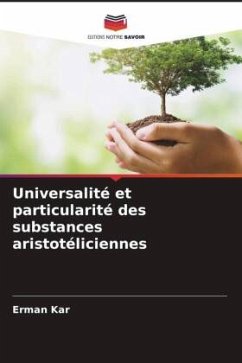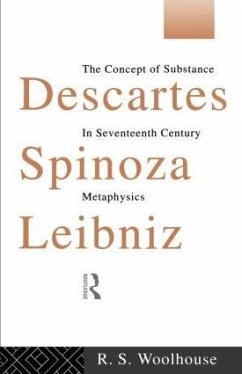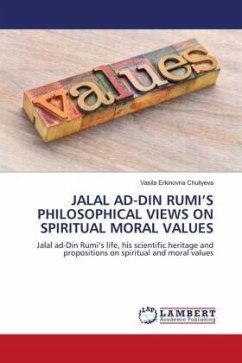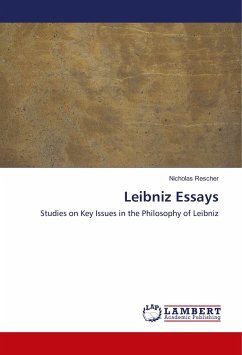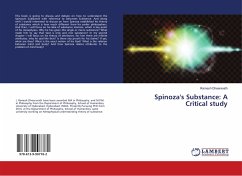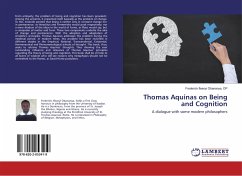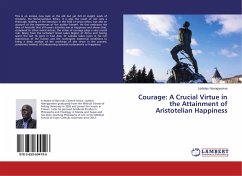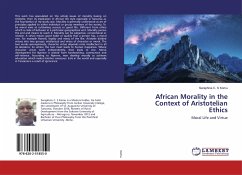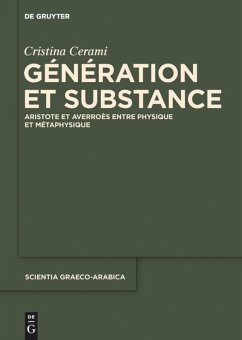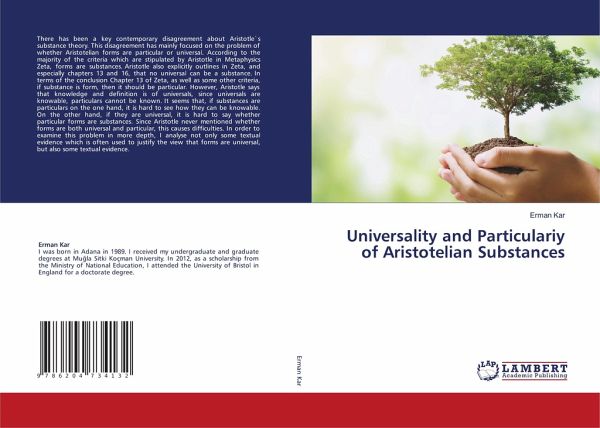
Universality and Particulariy of Aristotelian Substances
Versandkostenfrei!
Versandfertig in 6-10 Tagen
53,99 €
inkl. MwSt.

PAYBACK Punkte
27 °P sammeln!
There has been a key contemporary disagreement about Aristotle`s substance theory. This disagreement has mainly focused on the problem of whether Aristotelian forms are particular or universal. According to the majority of the criteria which are stipulated by Aristotle in Metaphysics Zeta, forms are substances. Aristotle also explicitly outlines in Zeta, and especially chapters 13 and 16, that no universal can be a substance. In terms of the conclusion Chapter 13 of Zeta, as well as some other criteria, if substance is form, then it should be particular. However, Aristotle says that knowledge ...
There has been a key contemporary disagreement about Aristotle`s substance theory. This disagreement has mainly focused on the problem of whether Aristotelian forms are particular or universal. According to the majority of the criteria which are stipulated by Aristotle in Metaphysics Zeta, forms are substances. Aristotle also explicitly outlines in Zeta, and especially chapters 13 and 16, that no universal can be a substance. In terms of the conclusion Chapter 13 of Zeta, as well as some other criteria, if substance is form, then it should be particular. However, Aristotle says that knowledge and definition is of universals, since universals are knowable, particulars cannot be known. It seems that, if substances are particulars on the one hand, it is hard to see how they can be knowable. On the other hand, if they are universal, it is hard to say whether particular forms are substances. Since Aristotle never mentioned whether forms are both universal and particular, this causes difficulties. In order to examine this problem in more depth, I analyse not only some textual evidence which is often used to justify the view that forms are universal, but also some textual evidence.



